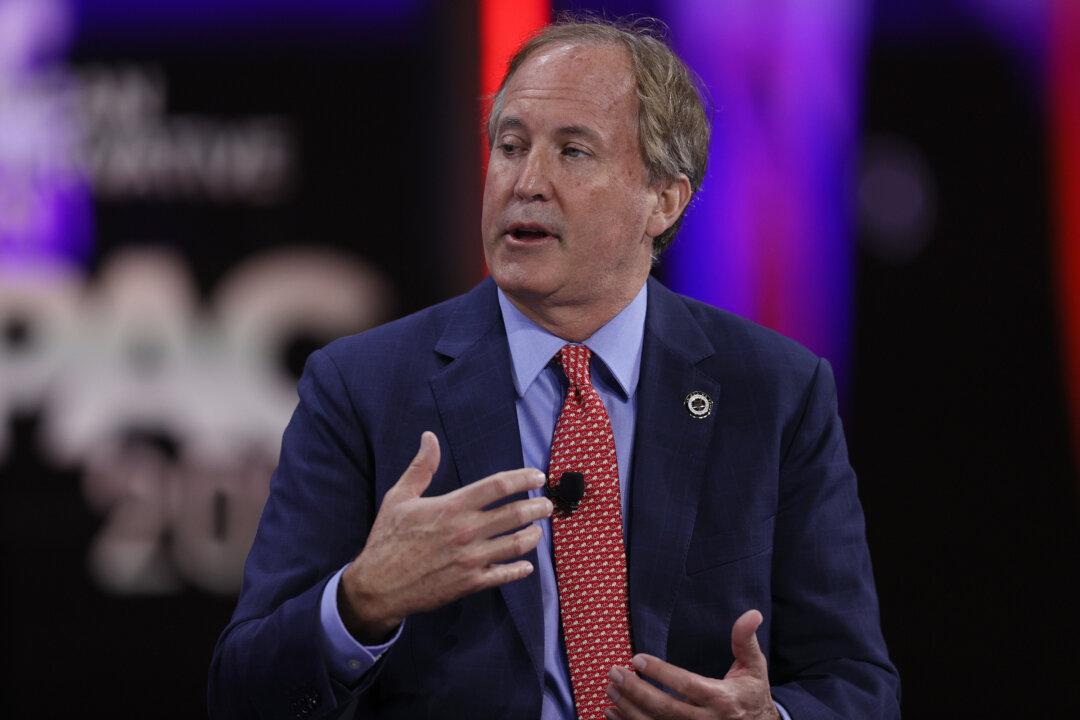The Supreme Court said on April 26 it won’t hear a dispute between Texas and California over the latter’s ban on state-funded business travel.
The nation’s top court delivered the decision in an unsigned order.


The Supreme Court said on April 26 it won’t hear a dispute between Texas and California over the latter’s ban on state-funded business travel.
The nation’s top court delivered the decision in an unsigned order.